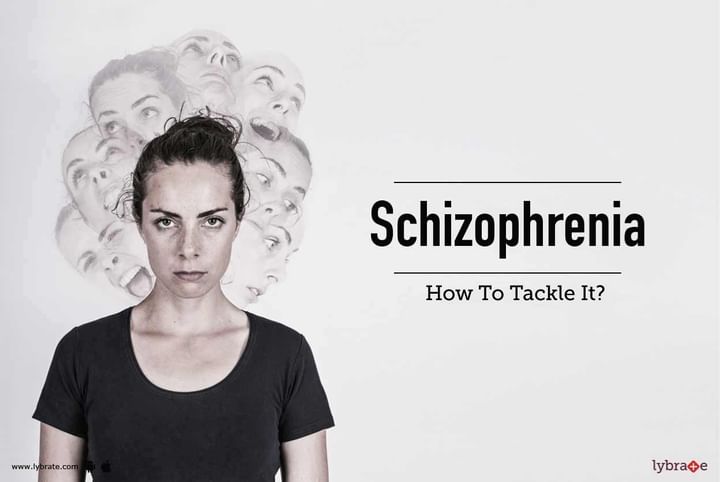Schizophrenia - How To Tackle It?
Schizophrenia is a debilitating mental and emotional condition that is characterised by a heavily distorted thought process as well as hallucinations and even extreme fear that borders on paranoia. Let us find out more about this debilitating disease:
- Causes:
Genetics
Genetic factors play an important role in the development of schizophrenia.
Environment
Possible environmental factors include obstetric complications, the mother's exposure to influenza during pregnancy or starvation. It has also been suggested that stress, trauma even migration can lead to the emergence of schizophrenia.
Neurodevelopmental Factors
Schizophrenia appears to be a neurodevelopmental disorder. That is the changes that cause the illness have been occurring from the earliest stages of development even in utero and may continue to influence the development of the brain over the first 25 years of life.
- Symptoms:
This disease has a variety of symptoms include cognitive and emotional ones that can vary in the degree and severity. One of the most common symptoms includes hallucinations and delusions where the patient may end up imagining things that do not really exist. The patient may also be gripped by sudden and crippling fear like paranoia, which can be debilitating as far as everyday functioning of the person goes. The symptoms can also interfere with the way a person deals with situations and life skills on a cognitive basis. Withdrawal and hopelessness are also a part of this disease.
- Types:
Schizophrenic disorder spectrum recognises a group of symptoms which can turn into full-fledged ailments. The various kinds of schizophrenia under this wide umbrella include catatonic, disorganised, paranoid, residual and undifferentiated. Paranoid schizophrenia is when a person has unreasonable fears and doubts regarding people and situations around him or her. Usually, doctors refer to this state as schizophrenia with paranoia. Patients of disorganised schizophrenia may not have delusions and hallucinations but may display instances of incoherent speech and thinking. Further, when a patient is suffering from catatonic schizophrenia, the main symptoms include a negative emotional stance. This patient will end up withdrawing as far as socialising and family go, and they may also turn mute. Residual schizophrenia refers to a state where the patient has lost all interest and motivation in life, yet does not suffer from delusions and hallucinations. Finally, schizophrenic disorder is characterised by all the major symptoms of this disorder along with a severe mood disorder.
- Treatment:
The earliest signs and symptoms must be referred to a psychiatrist. The treatment involves the management of the case of an individual basis along with psychological rehabilitation programs and the inclusion of the patient in self-help groups. Housing and employment programs must also be availed so as to keep the patient busy. Also, behaviour therapy will be required in such cases. The mode of counselling should usually be on a one on one basis, although many doctors also suggest that group therapy can help in showing examples of progress so as to encourage the patient to change and get a new lease of life.
Also, family therapy is considered a must for the near and dear ones of such patients to cope with it.



+1.svg)
